Labubu Lawsuit: Pop Mart Sues 7-Eleven Over Lafufu Fakes, Walmart Fakes Disappear
Pop Mart is suing 7-Eleven over fake Labubu dolls called Lafufu, claiming copyright and trademark infringement. Walmart may have quietly removed similar fakes after customer complaints. Here’s what Gen Z and Alpha Labubu collectors need to know.
7‑Eleven Labubu Lawsuit: Pop Mart Strikes Back
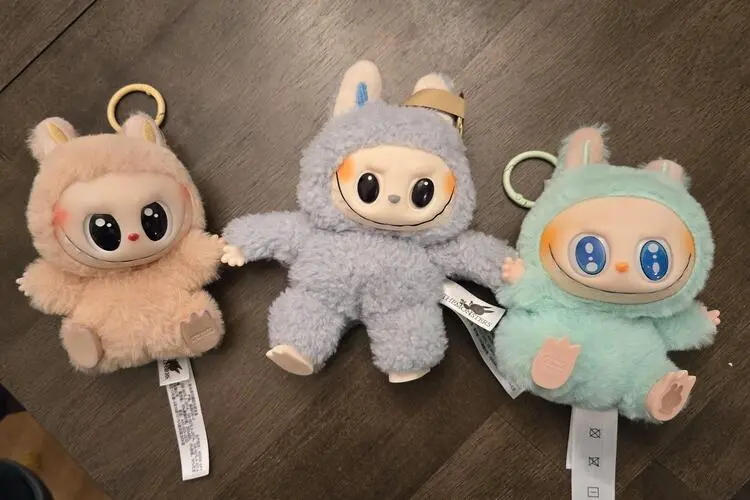
In a bold legal move, Chinese toy giant Pop Mart has filed a federal lawsuit against 7‑Eleven Inc. and several of its California franchisees, accusing them of selling fake Labubu dolls (“Lafufu”). The lawsuit, filed in the U.S. District Court for the Central District of California, alleges trademark infringement, copyright violations, and unfair competition.
The heart of the case? 7‑Eleven stores were allegedly selling counterfeit toys that mimic the distinct look and packaging of Pop Mart’s massively popular Labubu collectibles. From near-identical fonts to box art and color schemes, the “Lafufu” toys were designed to trick customers, especially in the blind box culture where authenticity is everything.
“These knockoffs are not just similar. They’re blatant ripoffs,” Pop Mart claims in court filings. The brand says it has invested years building the Labubu brand’s global identity through its “The Monsters” series, creator collaborations, and official licensing. As such, they were quick to take action upon seeing suspiciously familiar dolls pop up in 7‑Eleven stores.
Even worse, many of the counterfeit Lafufu dolls were reported to be of low quality: loose stitching, detached limbs, crooked or upside-down facial features, and even parts falling off. Pop Mart argues these low quality ripoff Lafufu not only threaten its reputation but also pose safety risks to children.
The lawsuit names 8 California-based franchise stores but also puts pressure on 7‑Eleven’s corporate arm. Pop Mart argues they’re responsible for what their franchises stock. If the court agrees, this could set a precedent for retail chain accountability in the counterfeit economy.
Pop Mart is seeking a full stop to all fake sales, monetary damages, a return of profits from the infringing products, and punitive penalties. The brand is sending a clear message that bootlegs won’t be tolerated, even in convenience stores.
Walmart Connection? More Fake “Lafufus” Show Up
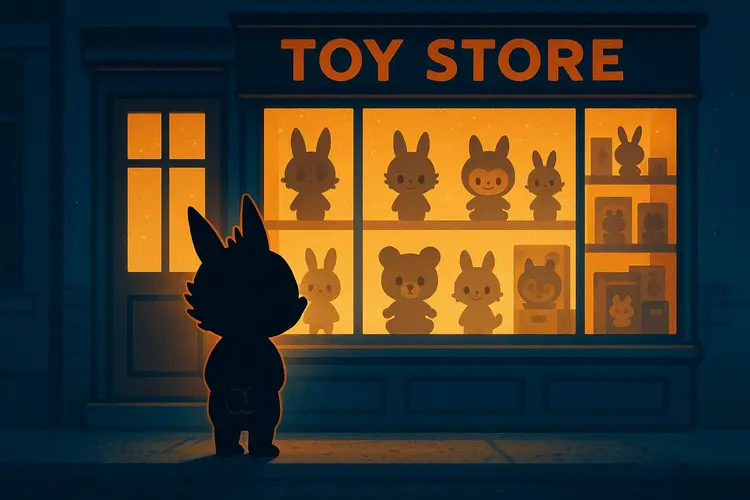
While Pop Mart’s legal team zeroes in on 7‑Eleven, another major retailer has quietly been caught in the crossfire. For months, Walmart.com was home to a host of listings selling fake Labubu dolls, many disguised as the real thing. They showed up in searches for “Labubu,” but the packaging and quality told a different story.
Verified customer reviews describe dolls with crooked eyes, missing paint, stains, and upside-down faces. One buyer wrote, “So disappointed to receive a LAFUFU (fake Labubu).” Another said, “It’s not genuine. Mine had a messed-up mouth and stains on the face.”
These dolls were sold by third-party vendors with names like Jialiang Trade, WjunCo. Ltd., HOPEMART, and Pethouse. None are verified Pop Mart distributors. In some cases, buyers didn’t even receive the correct number of items and reported poor refund experiences, adding to the frustration.
But recently, those listings have vanished. A search for “Labubu” now shows only official Pop Mart products on Walmart.com. No more Lafufu. No more knockoffs. Walmart hasn’t made a public statement, but the timing suggests the retailer may be cleaning house in response to growing legal and customer pressure.
While Walmart hasn’t been named in Pop Mart’s current lawsuit, these reviews and past listings add weight to a bigger issue. Counterfeit toys aren’t just a bootleg problem, they’re infiltrating legit retail platforms that Gen Z and parents of Gen Alpha trust. The line between real and fake is getting blurrier by the day.
Why The Labubu 7-Eleven Lawsuit Matters for Pop Culture, Retail, and IP
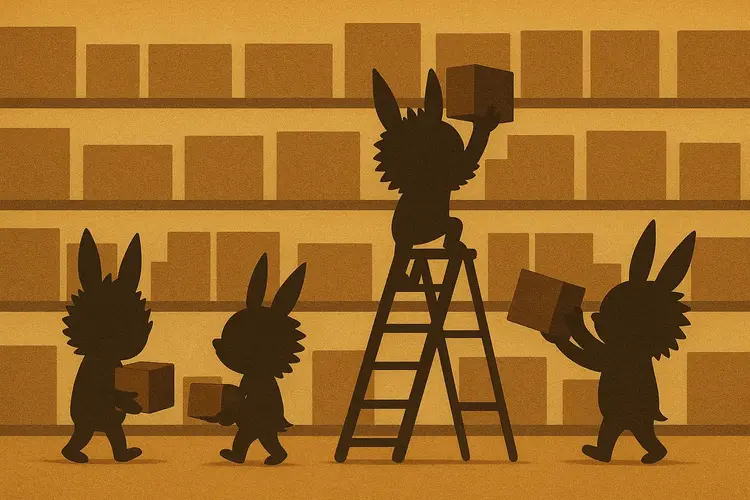
To some, this might seem like a niche toy dispute. But in reality, the Labubu lawsuit hits on major cultural and commercial stakes. Pop Mart isn’t just protecting a toy. It’s defending a billion-dollar collectible ecosystem that’s become part of Gen Z identity, internet culture, and China’s global soft power strategy.
Labubu is more than just a cute collectible. In 2025, Pop Mart is riding a wave of global demand for the character from its The Monsters line. Labubu stands out with its toothy grin, elf-like ears, and quirky ugly-cute energy. Fanboys and fangirls line up for blind box drops every week. One mint green Labubu recently sold for a record-breaking 170,000 dollars at auction, making it the most expensive one to date.
This surge of hype and resale heat has helped Pop Mart’s overall revenue double since 2023, reaching over 1.8 billion dollars. Labubu-led sales have continued to climb in 2025, putting the character front and center in Pop Mart’s global takeover.
When counterfeits like Lafufu started flooding the market, they didn’t just look off. They disrupted trust in the blind box system, where fans buy without knowing what’s inside. A crooked-eyed dupe ruins the surprise and damages loyalty, even among diehard collectors.
There’s also a bigger story at play. China has been pushing to export cultural IP, and Pop Mart is one of its most successful ambassadors. So when U.S. stores are caught pushing fakes, the legal action isn’t just corporate defense. It’s a statement about protecting national creative assets.
On the retail side, this lawsuit could set the tone for how U.S. chains, especially those using franchise models, are held accountable for third-party counterfeits on their shelves. Brands like Pop Mart are now demanding the same enforcement in real-life stores that we’ve seen on Amazon, eBay, and TikTok Shop.
This isn’t a minor IP beef. It’s a frontline clash over who controls taste, trust, and trend cycles in Gen Z’s physical and digital spaces. And the outcome could shape how brands, retailers, and even meme culture handle authenticity moving forward.
What Are Labubus and Lafufus? The Counterfeit Problem Explained
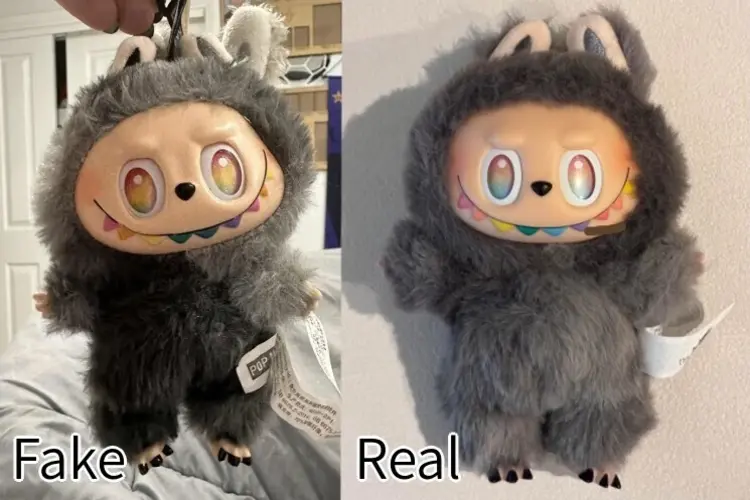
Labubu is a flagship character from Pop Mart’s blind box collection “The Monsters,” created by artist Kasing Lung. Each figure comes sealed in mystery packaging, and that surprise factor is half the fun. Fans chase rare editions, trade on resale sites, and even display their collections like art. But that same system makes it easy for fakes to slip in.
Enter Lafufu. That’s the nickname collectors and critics have given to low-quality knockoffs that imitate Labubu’s design. They often feature similar body shapes, facial stitching, and outfits, just slightly off. Think janky ears, weird paint jobs, busted limbs, and faces that look like they were printed by a toddler.
Unlike bootlegs that try to hide, Lafufus lean into confusion. Many are sold in blind boxes with lookalike logos and packaging, often written in Chinese or with mistranslations. To the average buyer, especially kids or casual fans, it can be hard to tell what’s real and what’s not.
That’s what makes this different from your average toy dupe. It’s not just a shady AliExpress listing. These Lafufus have shown up in retail spaces including gas stations, gift shops, 7‑Eleven stores, and Walmart.com through third-party sellers. And while Pop Mart owns the copyright, enforcing that across every platform is a constant challenge.
Collectors have been posting comparison photos on TikTok, Reddit, and Instagram, pointing out the differences. Some have even embraced Lafufu as a meme. For Pop Mart however, it’s not funny. It’s a threat to brand trust and global credibility.


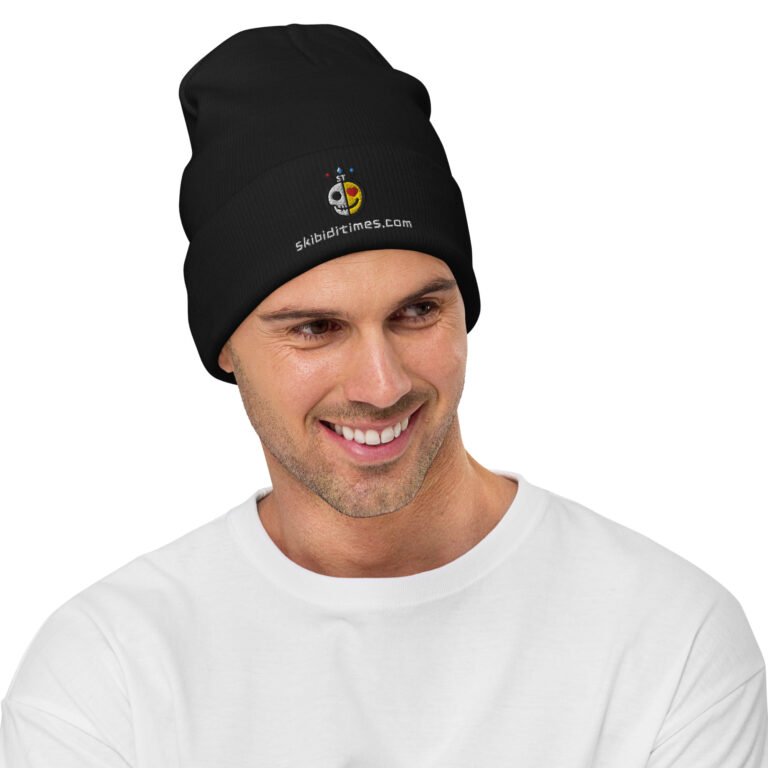
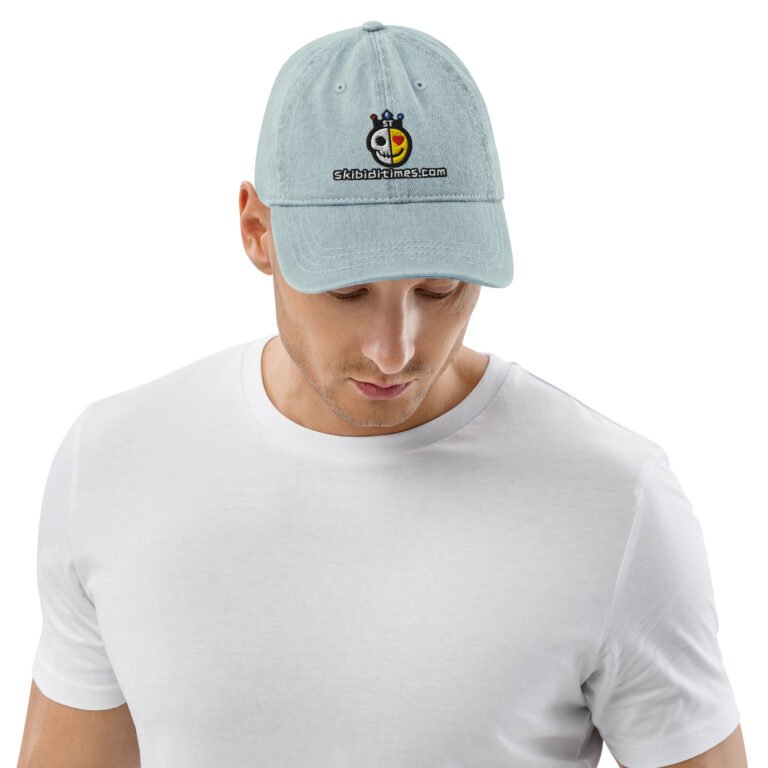
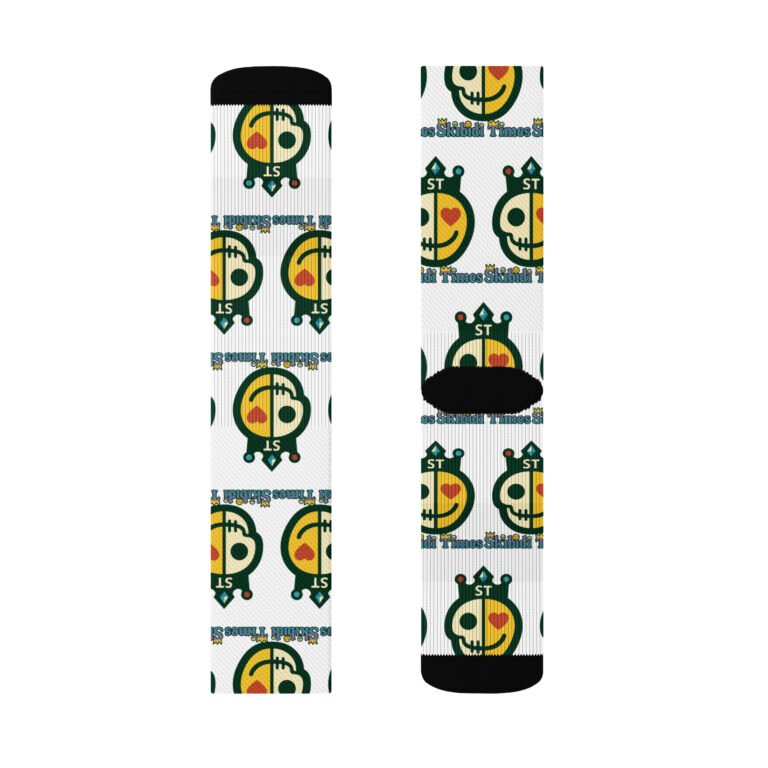
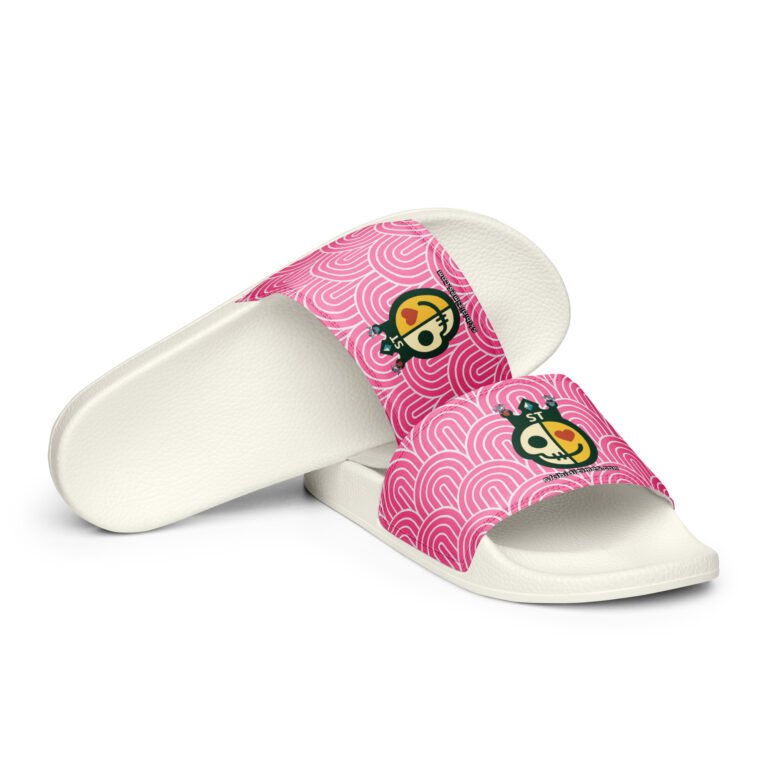

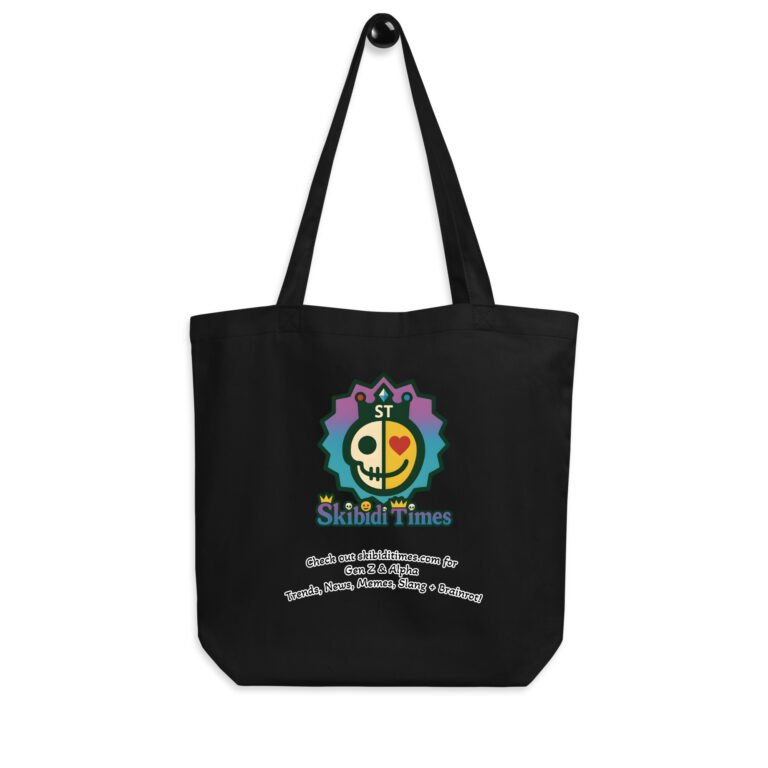
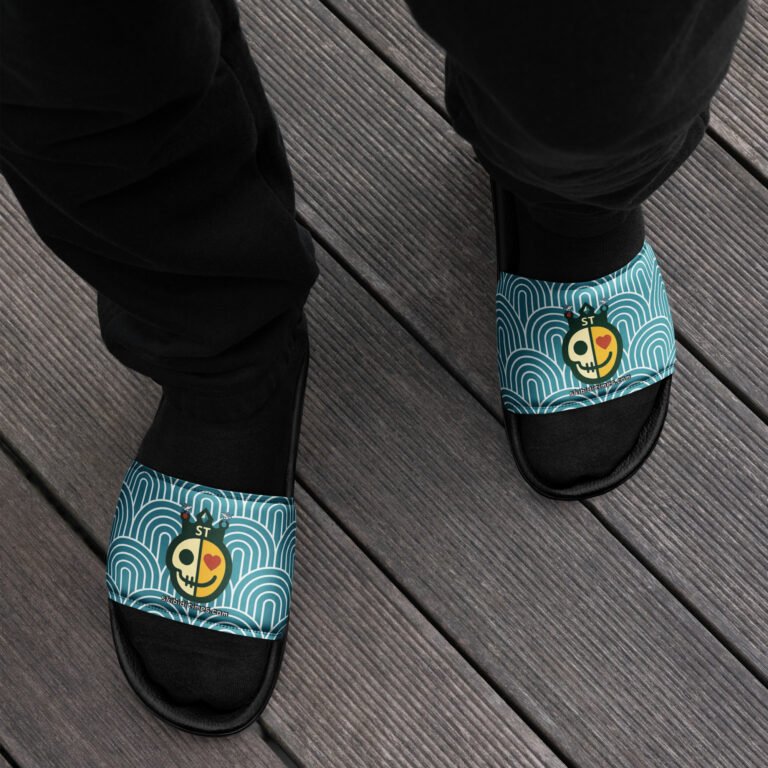
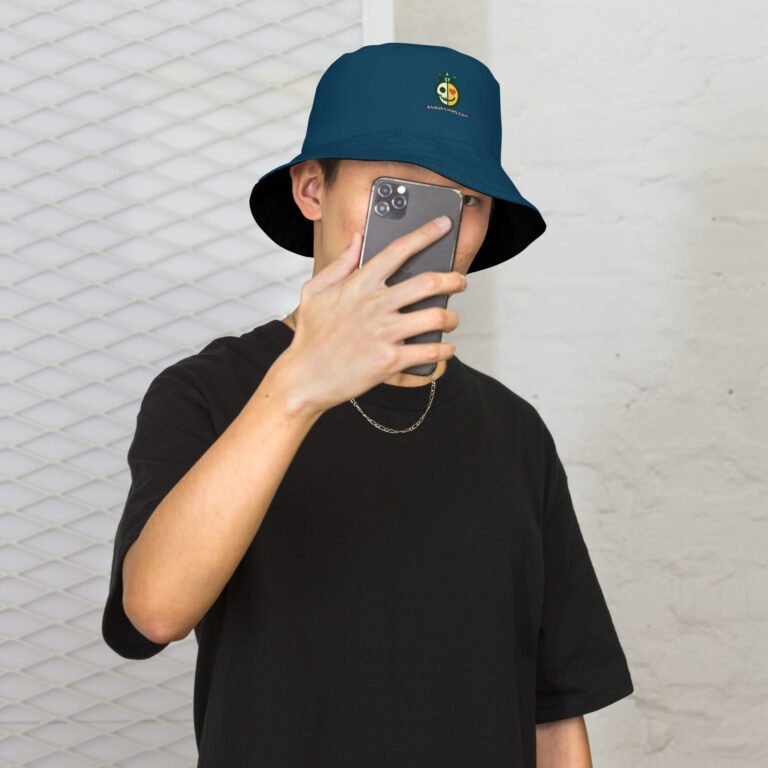
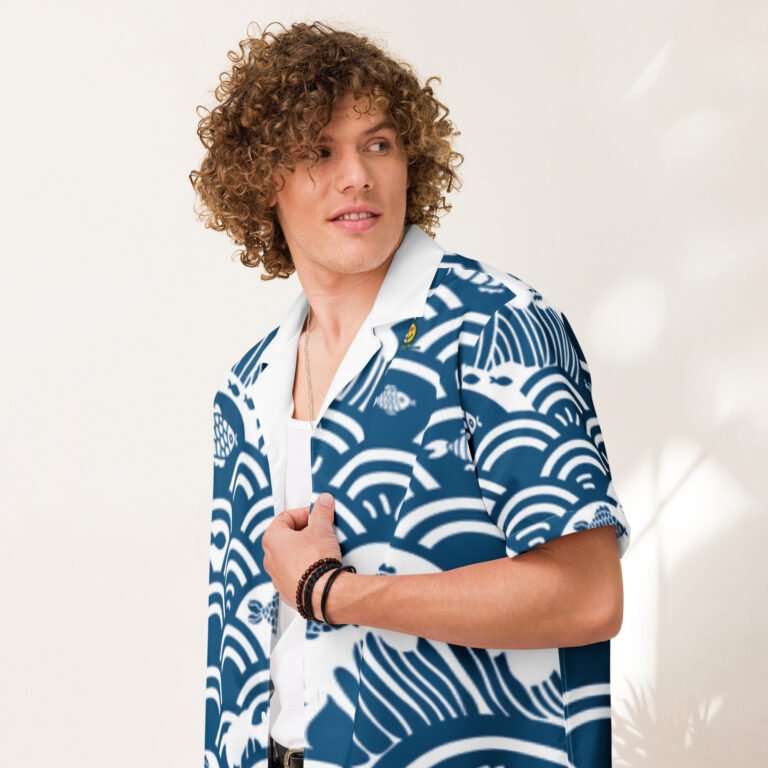
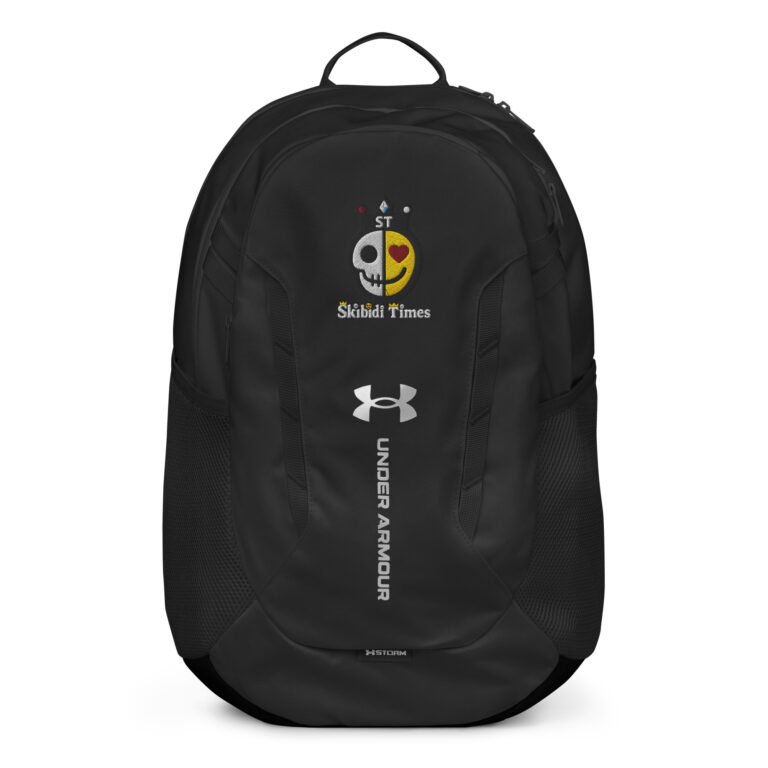

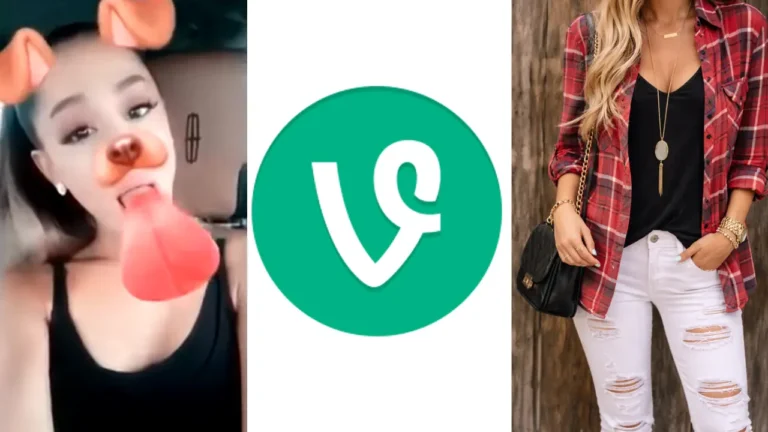

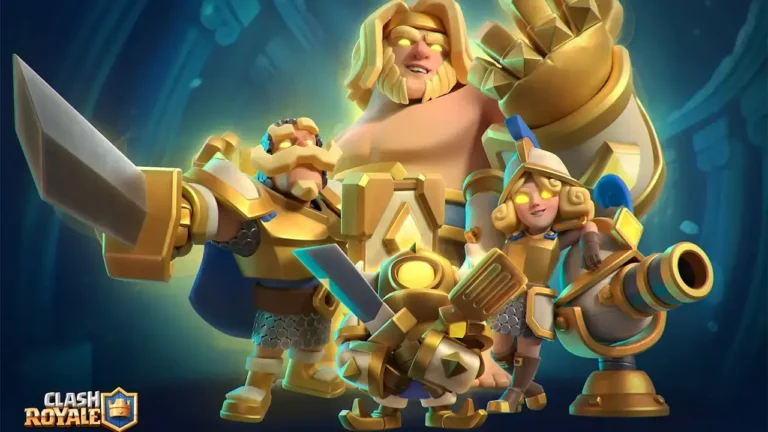
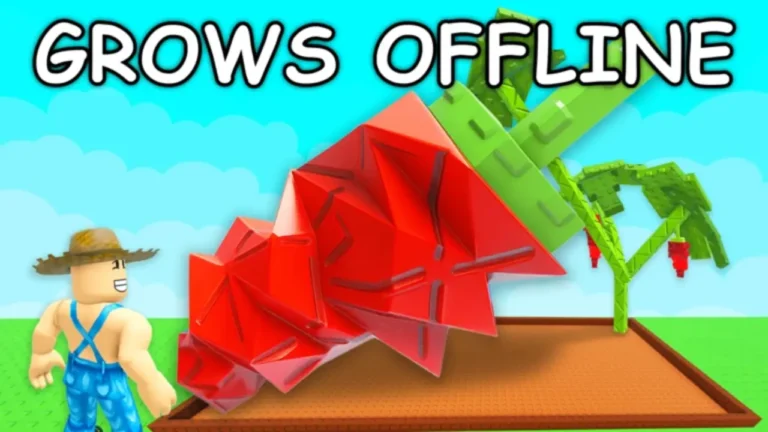
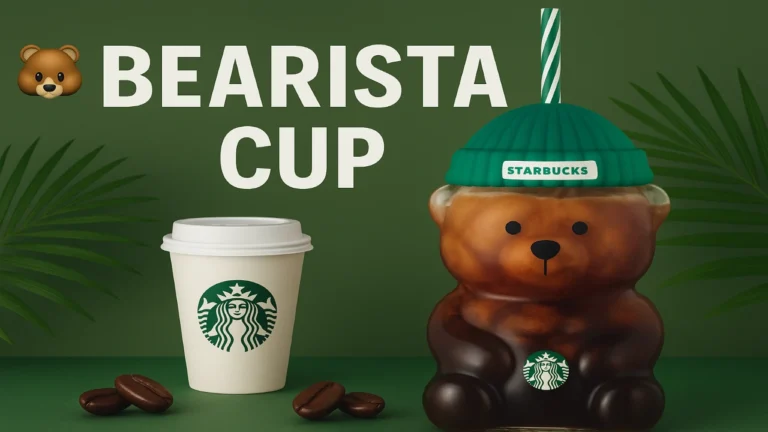
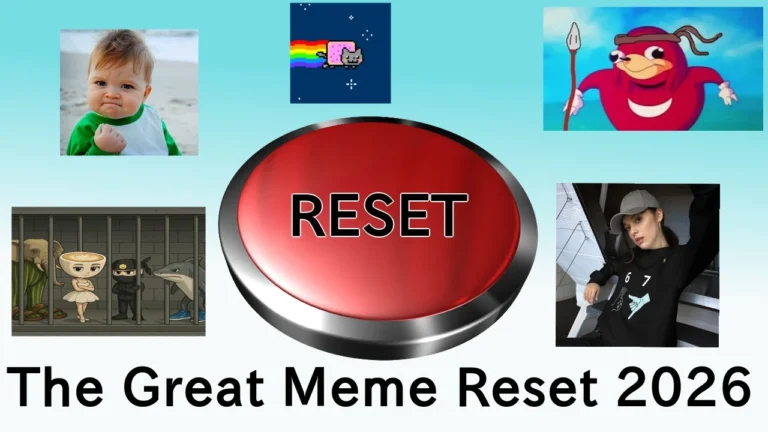






Leave a Reply